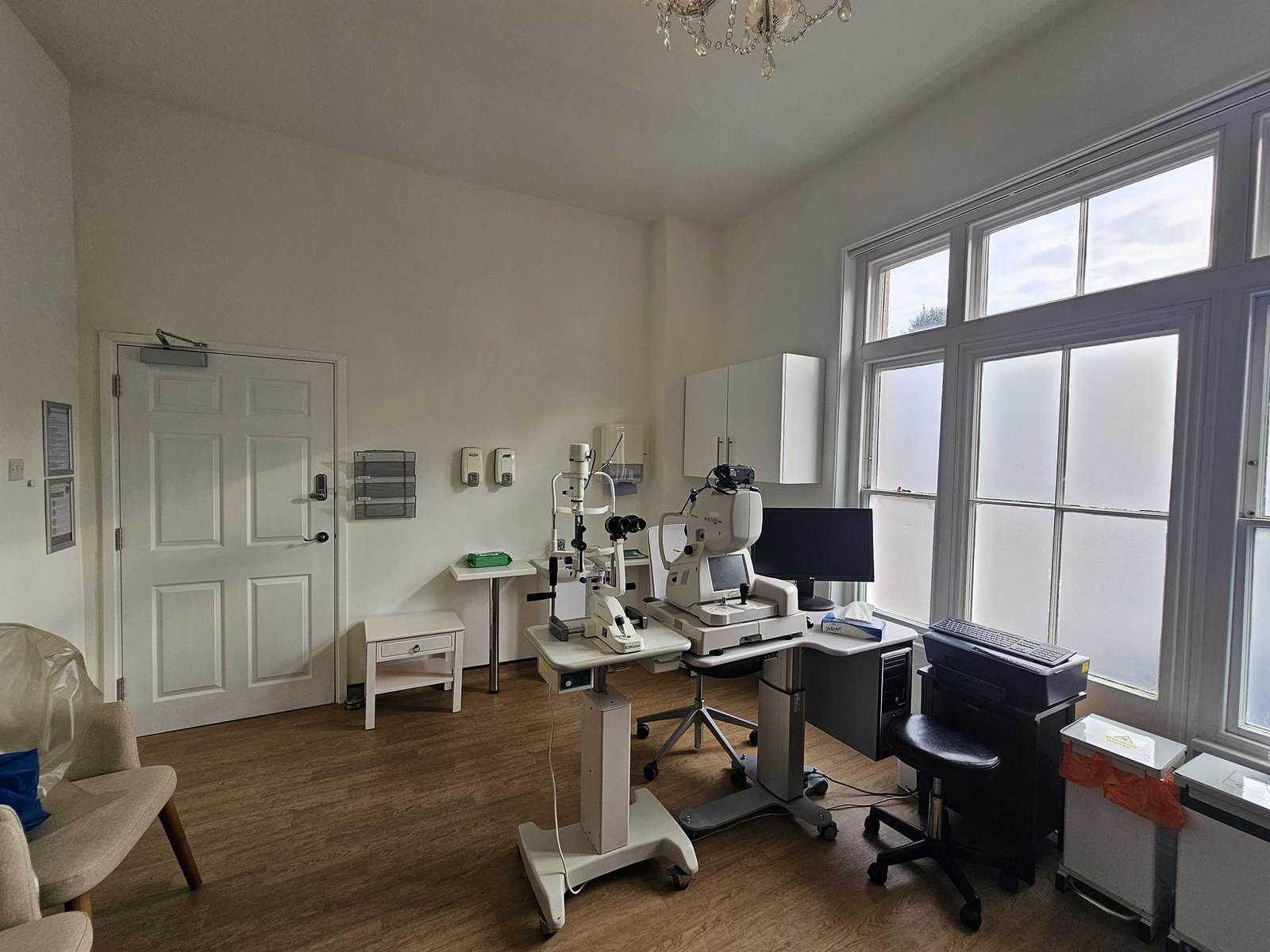Allergy Treatment
Struggling with allergy symptoms? Submit an enquiry for a consultation and discover effective treatments at The Forbury Clinic.

Overview
Allergies are common conditions where the immune system reacts to harmless substances like pollen, dust, or pet dander. These reactions can cause symptoms like sneezing, itching, nasal congestion, and more. Addressing allergies is essential for improving your quality of life and preventing more severe reactions. At The Forbury Clinic, we offer specialised care and advanced treatments to manage allergies effectively.


What is an Allergy?
An allergy occurs when the immune system mistakenly identifies a harmless substance (allergen) as a threat and responds by releasing chemicals like histamine. This reaction can lead to various symptoms, including sneezing, itching, watery eyes, and nasal congestion. Allergies can affect anyone and may vary in severity from mild to severe.
Common symptoms and signs of allergies include:
- Sneezing
- Runny or blocked nose
- Itchy or watery eyes
- Skin rashes or hives
- Shortness of breath
- Coughing or wheezing
Causes and Risk Factors
Causes
Allergies can be caused by a variety of allergens, including:
Pollen:
Commonly causes seasonal allergies (hay fever).
Dust mites:
Tiny bugs that live in household dust.
Animal dander:
Proteins found in skin flakes, saliva, and urine of pets.
Mould:
Fungi that release spores into the air.
Food:
Specific foods like nuts, shellfish, and dairy products.
Risk Factors
Risk factors for developing allergies include a family history of allergies, asthma, or other immune system disorders. Environmental factors, such as exposure to pollution or tobacco smoke, can also increase the risk of developing allergies.
Diagnosis
Diagnosing allergies involves a comprehensive evaluation by a specialist. This process may include:
- Medical History: Detailed discussion of symptoms, medical history, and potential triggers.
- Physical Examination: Checking for signs of allergic reactions.
- Allergy Testing: Skin prick tests or blood tests to identify specific allergens.
- Nasal Endoscopy: Using a thin, flexible tube with a camera to examine the nasal passages.

Treatment Options
Effective treatment for acoustic neuroma depends on the size of the tumour, its growth rate, and the patient’s overall health. Options include:
Medications:
- Antihistamines: To reduce or block histamine release.
- Decongestants: To relieve nasal congestion.
- Nasal Corticosteroids: To reduce inflammation in the nasal passages.
- Leukotriene Inhibitors: To block chemicals that cause allergic reactions.
Allergy Shots (Immunotherapy):
Gradually introducing small amounts of allergens to build tolerance.
Avoidance Strategies:
Identifying and avoiding allergens.
Lifestyle Changes:
Modifying your environment to reduce allergen exposure.
Innovative Treatments:
The Forbury Clinic offers the latest treatments tailored to individual needs.
Managing Allergies
Managing allergies involves lifestyle changes and ongoing care, including:
Avoiding Triggers:
Identifying and minimising exposure to allergens.
Home Care:
Using air purifiers, maintaining cleanliness, and using hypoallergenic products.
Regular Medication Use:
Following prescribed medication regimens to control symptoms.
Complications and Prognosis
If left untreated, allergies can lead to complications such as:
- Chronic Sinusitis: Persistent inflammation of the sinuses.
- Asthma: Allergies can trigger or worsen asthma symptoms.
- Infections: Increased risk of ear and sinus infections.
With proper treatment, most individuals with allergies can manage their symptoms effectively and improve their quality of life.


Why Choose The Forbury Clinic?
The Forbury Clinic offers numerous advantages for treating allergies:
- Expert Staff: Our experienced specialists provide comprehensive allergy care.
- Cutting-Edge Technology: Advanced diagnostic tools and treatment options.
- Patient-Centred Care: Personalised treatment plans tailored to individual needs.
